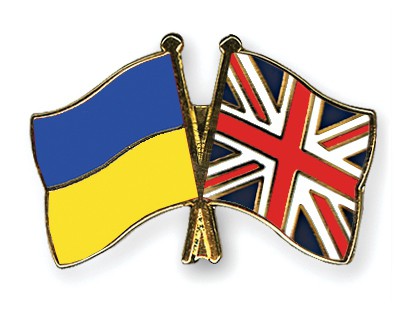The Council for At-Risk Academics

The Council for At-Risk Academics (Cara) works with UK universities to place academics who are in immediate danger, forced into exile, or the many who choose to continue working in their home countries despite serious risks.
![]() Researchers at Risk Fellowships (Pre-Announcement)
Researchers at Risk Fellowships (Pre-Announcement)
The British Academy with Cara (the Council for At-Risk Academics) is establishing a Researchers at Risk Fellowships Programme with the support of the Academy of Medical Sciences, the Royal Academy of Engineering and the Royal Society. The Fellowships will cover the natural sciences, medical sciences, engineering, humanities and social sciences with applications made via UK-based institutions.
Eligibility Requirements
Researchers in any field may be considered for funding if they:
- hold a doctoral degree (or have equivalent experience);
- are confirmed by Cara to be at risk;
- are either still in Ukraine or have not yet spent more than five years away from Ukraine;
- possess the language skills required for the successful completion of their academic project;
- possess academic qualifications and can show other evidence of an active academic career (e.g. publications);
- have not yet been supported through an equivalent scheme/opportunity.
Duration of award
Up to 24 months
Contact details


